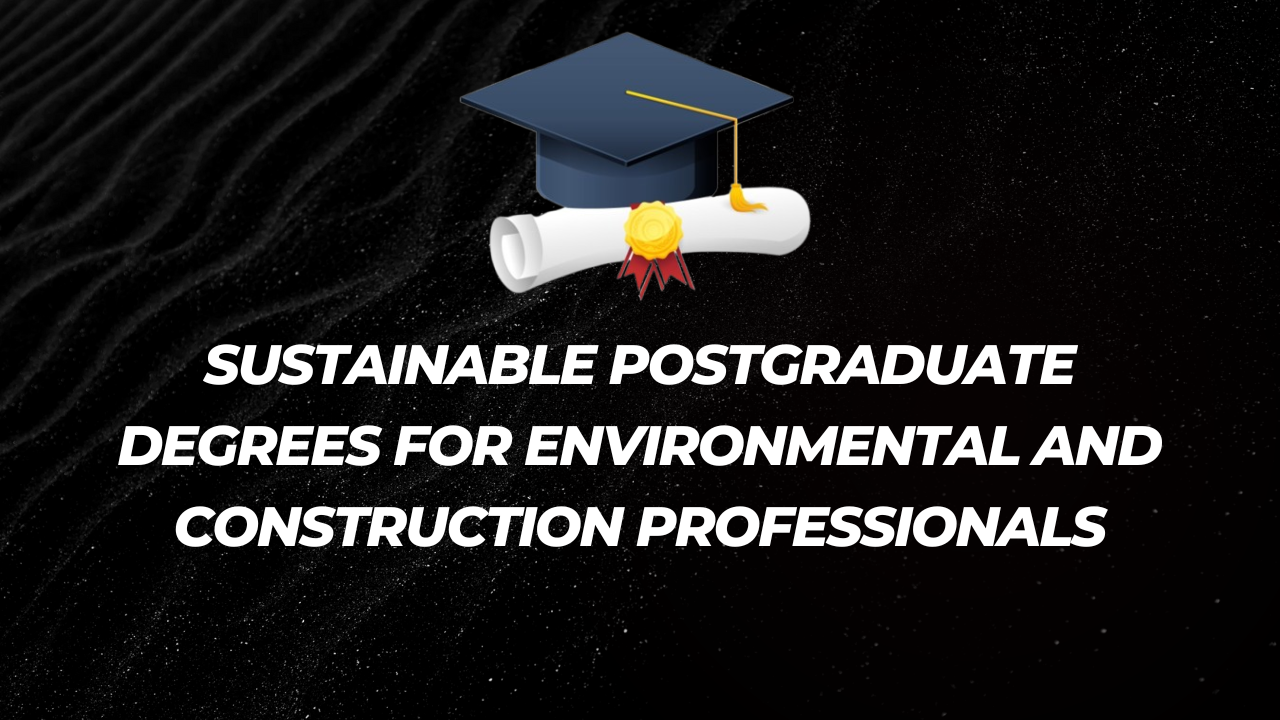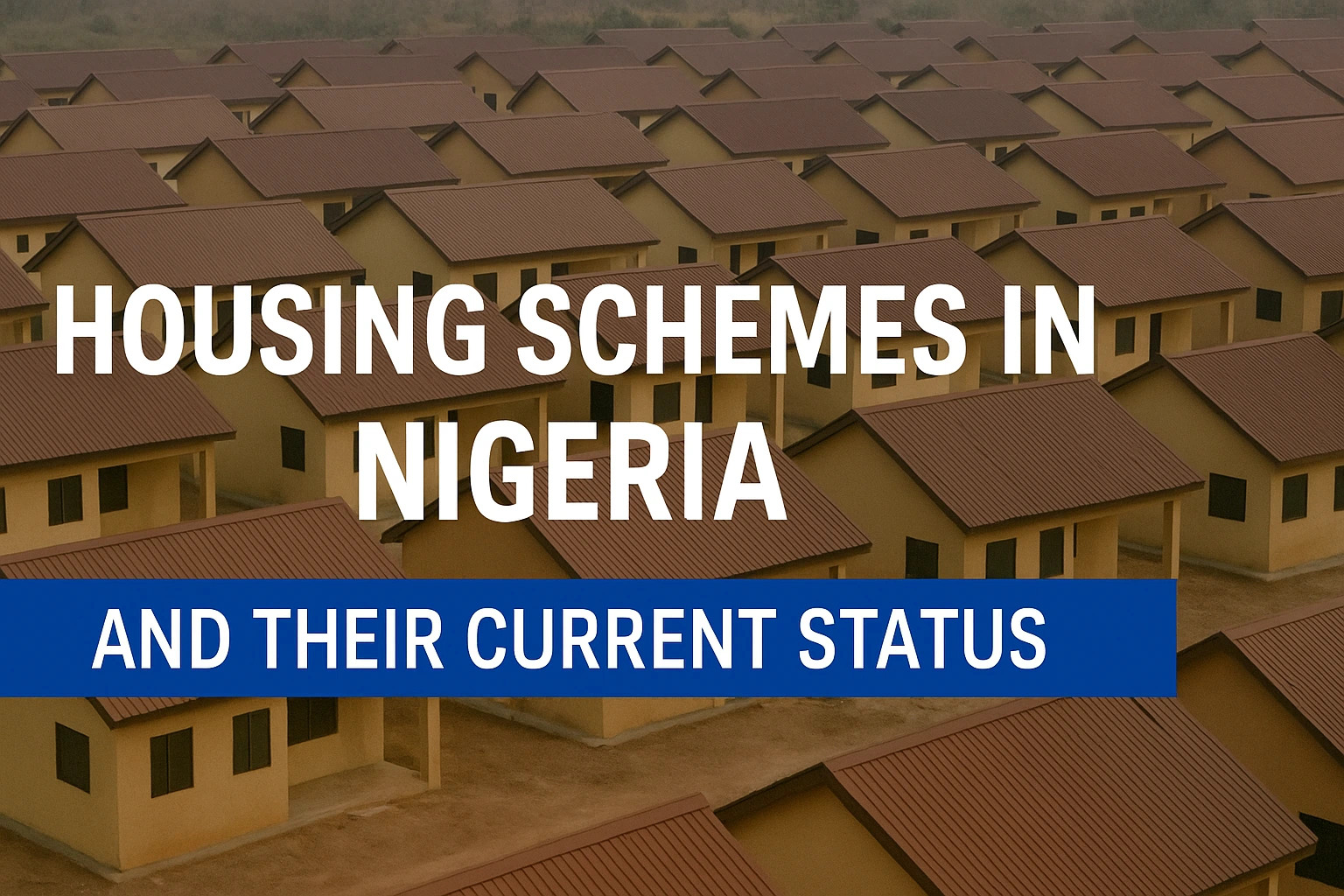Sustainable Development: A Necessity for Africa Now
Africa stands at a pivotal crossroads in 2025. The continent is rich in natural resources, cultural diversity, and human potential, yet it faces complex challenges ranging from climate cha nge and poverty to infrastructure gaps and geopolitical tensions. As global priorities shift towards sustainability, it is crucial for African countries to embrace sustainable development-not just as a policy choice, but as a necessity for survival, prosperity, and global relevance.
What Is Sustainable Development?
Sustainable development refers to a model of growth that meets present needs without compromising the ability of future generations to meet theirs. It integrates economic progress, social inclusion, and environmental protection, ensuring that development is equitable, resilient, and long-lasting.
Why the Urgency Now?
1. Climate Change and Environmental Vulnerability
Africa is disproportionately affected by climate-related disasters such as droughts, floods, and desertification, which threaten food security, livelihoods, and infrastructure. These disasters are becoming more frequent and severe, making climate-resilient infrastructure and adaptive solutions imperative for the continent’s stability and growth.
2. Demographic Pressure and Youth Unemployment
With the world’s youngest population, Africa’s demographic dividend can drive innovation and economic growth. However, without sustainable job creation and inclusive economic models, this potential could turn into a crisis of mass unemployment and social unrest.
3. Economic Diversification and Value Addition
Historically, African economies have relied heavily on exporting raw materials, often missing out on higher-value industries. Sustainable development encourages local value addition-processing minerals, agricultural products, and other resources within Africa-to create jobs, boost incomes, and reduce dependency on volatile global markets.
4. Energy Access and Green Transition
Over 600 million Africans still lack access to electricity. Expanding renewable energy infrastructure-solar, wind, geothermal-can power homes and businesses, reduce carbon emissions, and foster inclusive growth. Innovative financing and public-private partnerships are essential to bridge the energy gap.
5. Global Investment and Competitive Advantage
International investors increasingly prioritize Environmental, Social, and Governance (ESG) standards. African countries that adopt sustainable practices are better positioned to attract investment, foster local entrepreneurship, and participate fully in the global economy.
Key Opportunities for Africa
Harnessing Critical Minerals: Africa holds 30% of the world’s critical minerals essential for the global clean energy transition. By developing local industries around these resources, African countries can lead in green technologies and electric vehicle manufacturing.
Leveraging Innovation: Digital technologies, AI-driven solutions, and climate-smart agriculture offer pathways to leapfrog traditional development models and build resilient economies.
Strengthening Regional Integration: Initiatives like the African Continental Free Trade Agreement (AfCFTA) can boost intra-African trade, enhance regional cooperation, and accelerate sustainable industrialization.
Overcoming Challenges
Stronger Governance: Robust institutions are needed to ensure sustainable financing, enforce environmental regulations, and manage resources equitably.
Peace and Stability: Sustainable development and durable peace are intertwined. Addressing conflicts, resource scarcity, and governance deficits is essential for long-term progress.
Inclusive Policies: Women, youth, and marginalized communities must be empowered through education, healthcare, and equal opportunities to ensure that no one is left behind.
Conclusion: The Path Forward
Sustainable development is not just a global buzzword-it is Africa’s pathway to a resilient, prosperous, and equitable future. By embracing sustainability now, African countries can:
Protect their environment and people from escalating climate risks
- Unlock economic opportunities through innovation and value addition
- Attract investment and strengthen their position in the global economy
- Build inclusive societies where every citizen can thrive
The time for action is now. Africa’s journey toward sustainable development will require bold leadership, innovative solutions, and collective commitment from governments, private sector, civil society, and international partners. The choices made today will define the continent’s legacy for generations to come.





